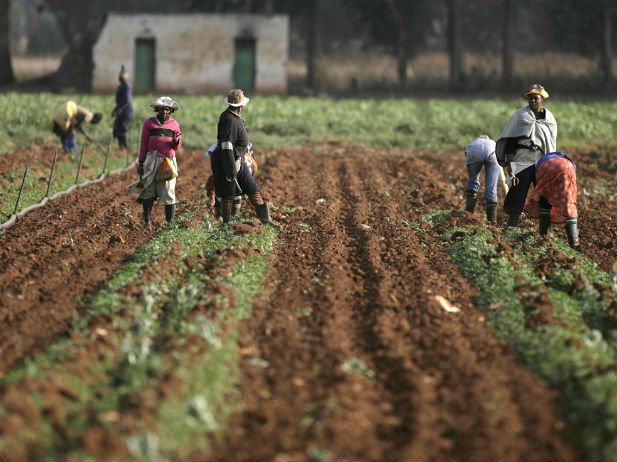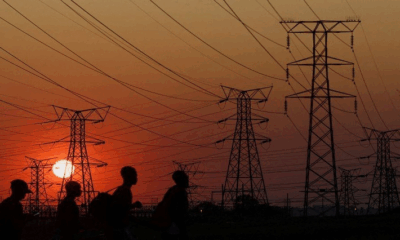Business
Gauteng’s Small Farmers Struggle to Survive Amid Rising Costs and Weak Government Support

As the sun rises over Gauteng’s farmlands, many small-scale and subsistence farmers are staring down an uncertain future. Between escalating transport costs, recurring power and water outages, and inconsistent government support, the people keeping fresh produce on city tables are struggling to survive.
Rising Costs Squeeze Smallholders
DA provincial legislator Bronwynn Engelbrecht paints a stark picture of the province’s smallholder crisis. “Subsistence and emerging farmers feed much of Gauteng, yet they are under constant pressure. Without proper support, livelihoods are lost and families go hungry,” she said.
For many, the cost of transporting fresh produce to markets in Johannesburg, Tshwane, and Vereeniging eats heavily into already thin margins. “The further you are from the market, the smaller your profit,” Engelbrecht said. “Farmers cannot continue to shoulder these costs and survive. It is simply unsustainable.”
Infrastructure failures compound the problem. Power and water outages often destroy harvests before they even reach the market. “Even short interruptions can wipe out an entire season,” Engelbrecht warned.
Markets Locked Out
Formal markets are largely designed for large commercial producers, leaving smallholders at a disadvantage. “Cash flow is a constant challenge. Payment delays, market fees, and expensive agents eat away at what little profit remains,” Engelbrecht explained.
She accused Premier Panyaza Lesufi’s government of funneling support to the same small group of beneficiaries repeatedly, while many deserving farmers are left out. “Programs exist, but they are ineffective. If we are serious about protecting smallholders, we need to cut the cost of seed, fertiliser, electricity, and transport,” she said.
A Vision for Neighbourhood Agri-Hubs
The DA proposes a bold solution: neighbourhood agri-hubs located within five to ten kilometres of production areas. These hubs would provide cold storage, clean water points, secure workspaces, and packaging facilitiespractical infrastructure to help smallholders compete.
Additionally, Engelbrecht recommends subsidised market fees, a provincial prompt payment system for retailers, and public scorecards to track government support. “This gives farmers a fighting chance,” she said.
Failed State Initiatives
State-led projects like the Agribox initiative have repeatedly fallen short. Seed, compost, and pesticides often arrive after planting season, rendering support useless. “It’s failure piled on failure,” Engelbrecht said bluntly.
Social media in Gauteng has reacted with empathy and concern, with many residents highlighting the essential role small farmers play in food security and calling for urgent intervention.
As Gauteng’s urban populations grow, the province’s small-scale farmers remain the invisible backbone of the food supply. Without immediate action, Engelbrecht warns, more families risk losing both livelihoods and access to fresh, affordable produce.
{Source: The Citizen}
Follow Joburg ETC on Facebook, Twitter , TikTok and Instagram
For more News in Johannesburg, visit joburgetc.com



























